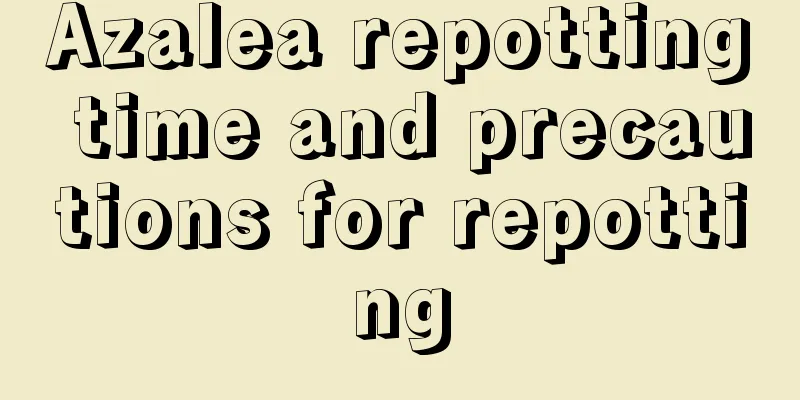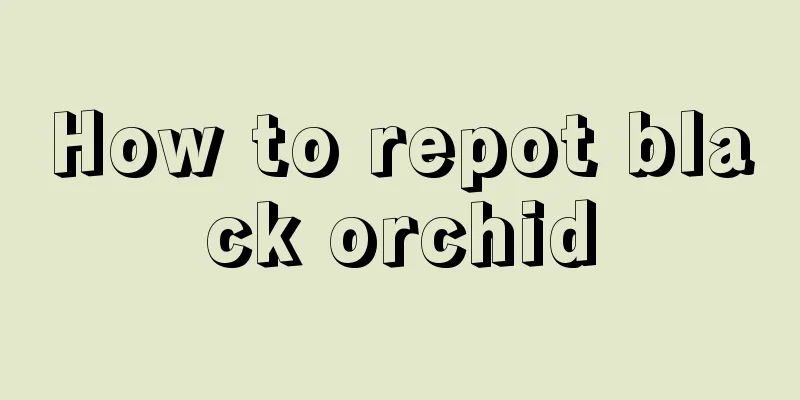How are blueberry seedlings cultivated?

|
Blueberry is a very popular fruit nowadays. Blueberry fruit is rich in various vitamins, has strong medicinal value and nutritional health functions, and its cultivation has high economic benefits. So how are blueberry seedlings cultivated? Let’s learn more about it below. 1. Seedling cultivation method The main methods of blueberry seedling cultivation include cutting seedling cultivation, seed propagation seedling cultivation and tissue culture rapid propagation seedling cultivation. However, cutting seed propagation and seed propagation have disadvantages such as low survival rate, small reproduction coefficient, long cycle and seasonal restrictions. They cannot be used for year-round seedling cultivation and cannot meet market demand. Tissue culture rapid propagation seedling cultivation can produce a large number of healthy seedlings in a short period of time. Therefore, blueberry tissue culture rapid propagation has become the most widely used seedling production method. 2. Tissue culture seedlings The blueberry tissue culture seedlings can be divided into the steps of explant treatment, test tube seedling cultivation, and plug tray seedling cultivation. 3. Explant treatment First, we need to select appropriate explants. Explants should be collected in spring and autumn when blueberries are growing vigorously. Select vigorous and strong new branches of the year from healthy plants with typical characteristics of the variety, and take tender stem segments with terminal buds as explants. The culture medium uses modified WPM as the basic culture medium to facilitate rapid induction of budding. 4. Cultivation of test tube seedlings Through primary induction culture, subculture and value-added culture, rooting and seedling culture, and after 25 to 30 days of rapid growth, the test tube seedlings can grow to 6 to 8 cm in height, and each plant will develop 3 to 5 new roots with a length of 1 to 2 cm. 5. Plug tray The tube seedlings are transplanted into plug trays, and after a period of cultivation, blueberry tissue culture plug tray seedlings are formed. The substrate in the hole tray is made of moss and peat in a ratio of 3:1. It is required to have a certain degree of fertility, be loose and breathable, and the pH of the substrate should be between 4.5 and 5.5. The plug tray seedlings are then cultivated into qualified blueberry seedlings through hardening, transplanting and post-transplantation management. That’s it |
<<: How to build a trellis and how to pull climbing roses
>>: How to propagate climbing roses? Can they be grown by cuttings?
Recommend
How to grow water lilies in pots and hydroponics
Water lily growing conditions Water lilies like s...
How to grow Dendrobium in autumn
1. Change the watering method In autumn, you can ...
How to plant the fortune tree to make it flourish? Cultivation management methods and techniques
The money tree is also called the money tree. Man...
How to breed Rhododendron pubescens
Reproduction object If you want to propagate Rhod...
How to sow the seeds of the fortune tree and what is the best month to sow them
1. How to sow 1. Soak the seeds: The money tree m...
What kind of sweet-scented osmanthus tree is good to plant in the garden (it is suitable to plant Japanese sweet-scented osmanthus in the family garden)
In fact, when planting osmanthus trees in the cou...
How often should Gesang flowers be watered?
How often should Gesang flowers be watered? Gesan...
How to water Clivia in winter? Should it be watered thoroughly?
1. Winter watering method The temperature will dr...
Is Kalanchoe poisonous?
Is Kalanchoe poisonous? Non-toxic. Kalanchoe is a...
Common varieties of red
Common cultivars of Salvia splendens Salsa Series...
When is the best time to sow garlic?
Garlic sowing time Garlic, also known as garlic, ...
How to judge whether it is time to water the green radish
When watering the green radish, you should pay at...
Ivy hydroponic cultivation method
1. Rooting of branches in water When growing ivy ...
Black-skinned and yellow-skinned fruit varieties and characteristics
1. Family Black-skinned yellow-skinned fruit is a...
Where is the best place to plant black plum trees?
Where the plum trees are planted Black plum is a ...









